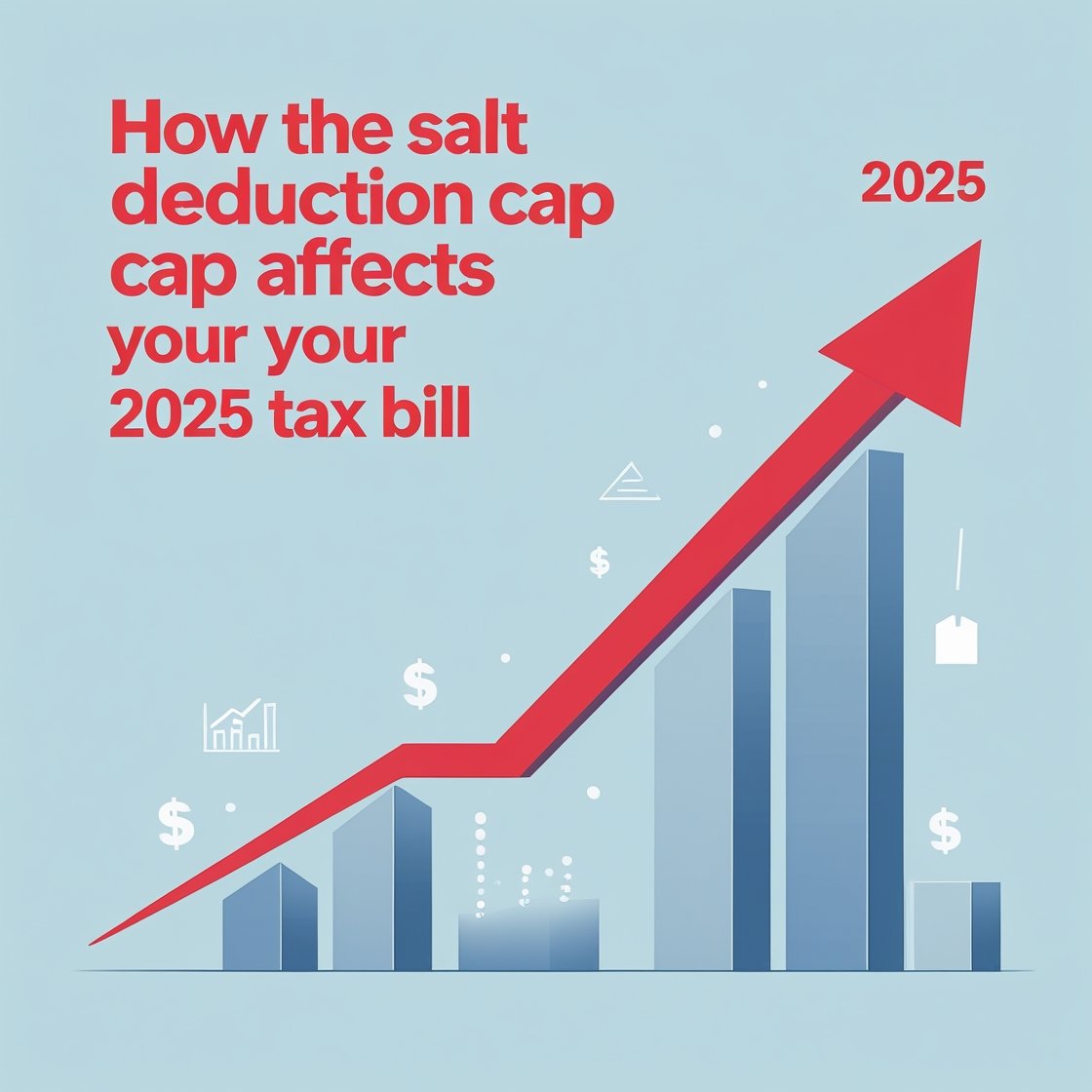The State and Local Tax (SALT) deduction cap has become one of the most hotly debated issues in U.S. tax policy—especially in 2025, as lawmakers argue over whether to keep, raise, or eliminate the cap. If you’re a taxpayer living in a high-tax state, the outcome could significantly impact how much you owe the IRS this year. So, what exactly is the SALT deduction, and how does it affect your 2025 tax bill?
What Is the SALT Deduction?
The SALT deduction allows taxpayers to deduct state and local income, sales, and property taxes paid during the year from their federal taxable income. Prior to 2018, there was no cap on how much you could deduct. However, the Tax Cuts and Jobs Act (TCJA) placed a cap of $10,000 on this deduction for individuals and married couples filing jointly (and $5,000 for married filing separately). That cap has remained in place through 2025—unless Congress changes it.
What’s Happening in 2025?
Congress is currently debating whether to raise the SALT cap to $40,000, phase it out at higher income levels, or keep the $10,000 limit. The House has included a SALT cap increase in its tax reform proposal, but the Senate wants to maintain the current limit—leading to a standoff.
This matters because your 2025 tax bill may depend heavily on the outcome.
How the Cap Affects You in Numbers
Let’s say you live in a high-tax state like New York, New Jersey, or California, and you paid the following in 2025:
- State income taxes: $12,000
- Local property taxes: $9,000
- Total SALT paid: $21,000
Without the cap, you’d deduct $21,000 from your federal taxable income. But with the cap, you can only deduct $10,000, losing $11,000 in potential deductions. At a 24% marginal tax rate, that’s $2,640 more in taxes owed.
For many taxpayers, especially in states with high property values or state income taxes, the cap can lead to significantly higher federal tax bills.
Who’s Hit the Hardest?
The SALT cap mainly affects:
- Upper-middle-income households in high-tax states
- Homeowners with large property tax bills
- Dual-income families where both spouses have high earnings
- Taxpayers who itemize deductions (not those taking the standard deduction)
If you’re in a low-tax state like Texas, Florida, or Nevada, the SALT deduction cap might not affect you at all.
Workarounds and Limitations
In recent years, some states have tried to help residents avoid the SALT cap by allowing pass-through entities (like LLCs or partnerships) to pay state taxes directly, effectively bypassing the cap. These strategies are still under scrutiny in 2025, and new federal proposals may limit or eliminate these workarounds.
What Should You Do?
Here are a few smart steps to consider:
- Talk to your tax advisor to understand how the SALT cap affects your itemized deductions.
- If you’re in a high-tax area, maximize other deductions (like mortgage interest or charitable contributions) to reduce your taxable income.
- Stay up to date on the final legislation coming from Congress—changes could happen before the year ends.
Contact us: +1 (972)-996-6644
Email us : info@theriwa.com Visit our website : https://theriwa.com/






